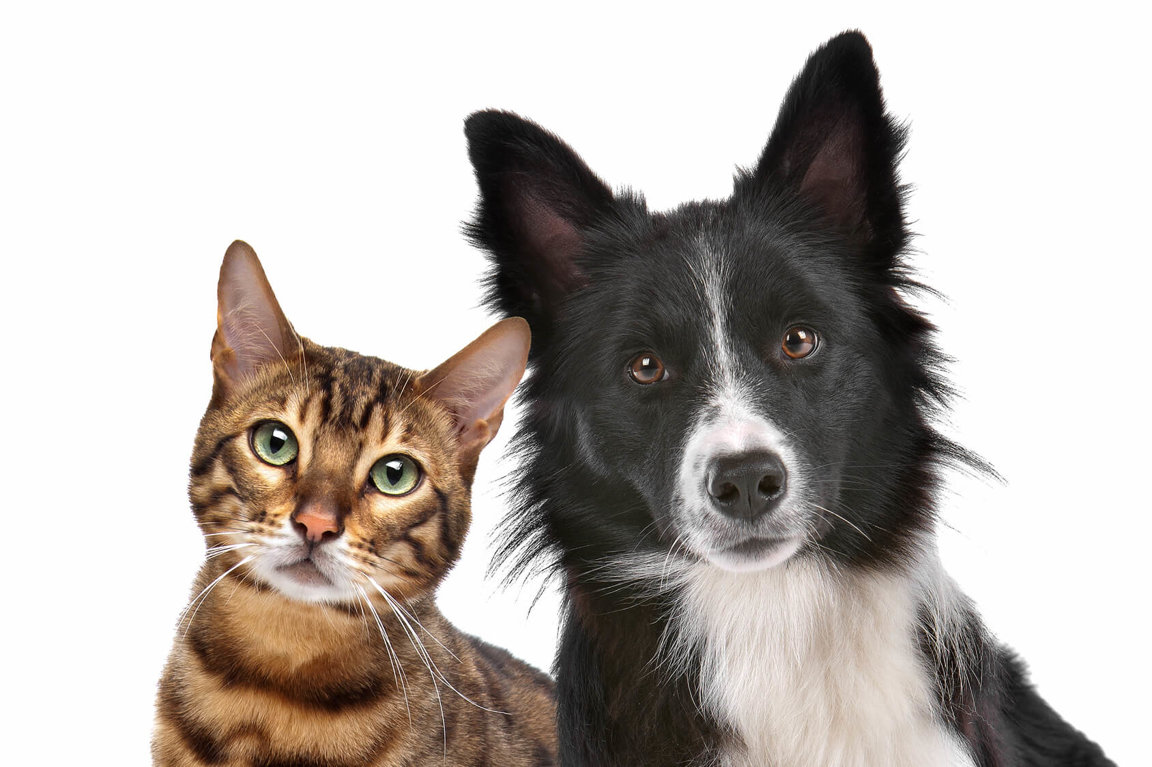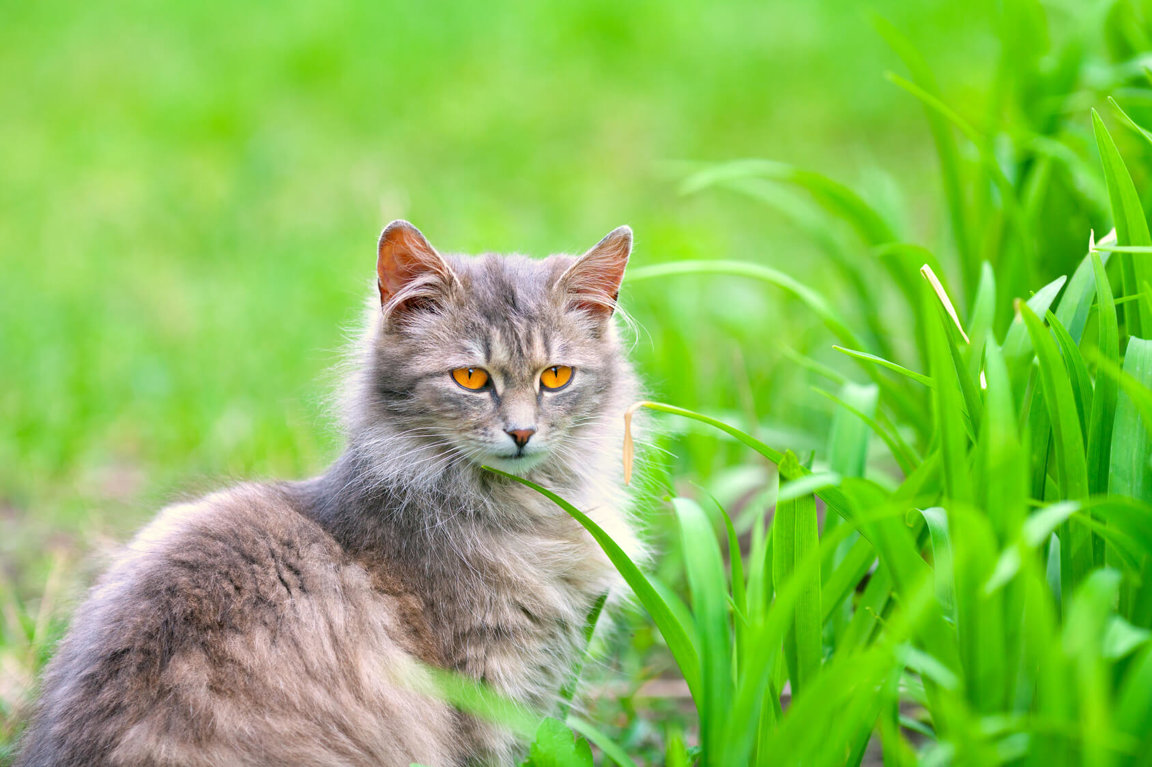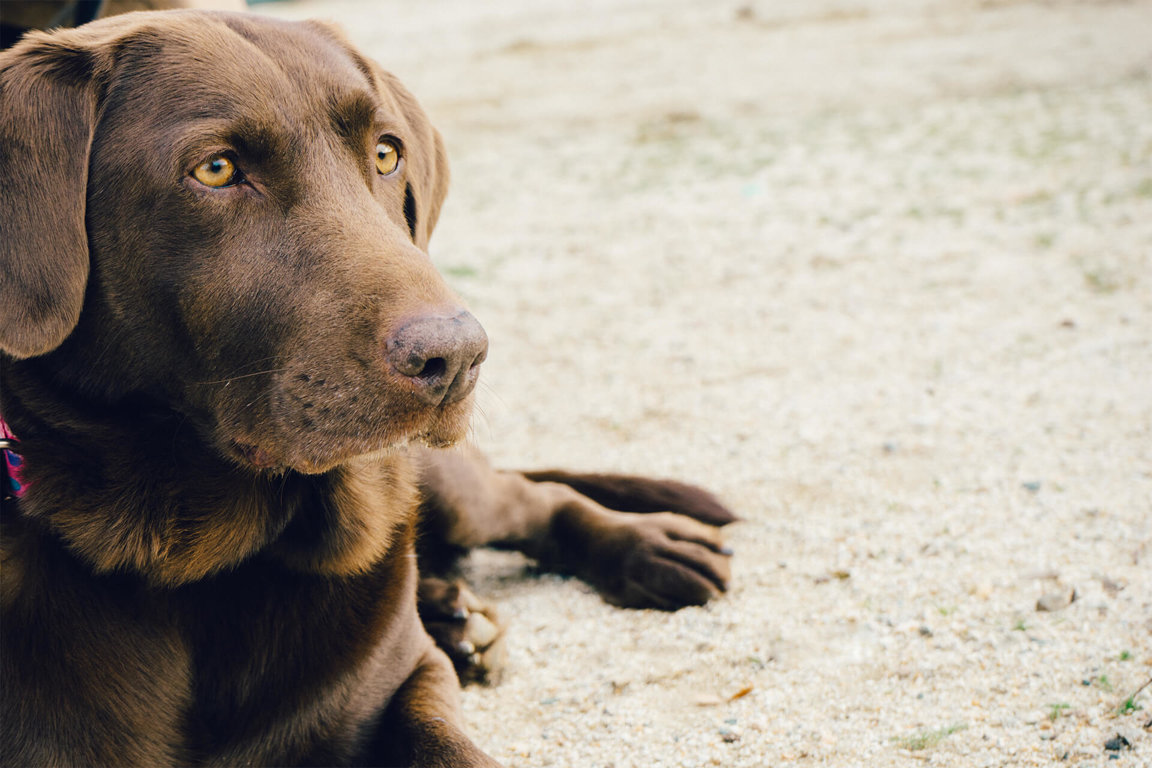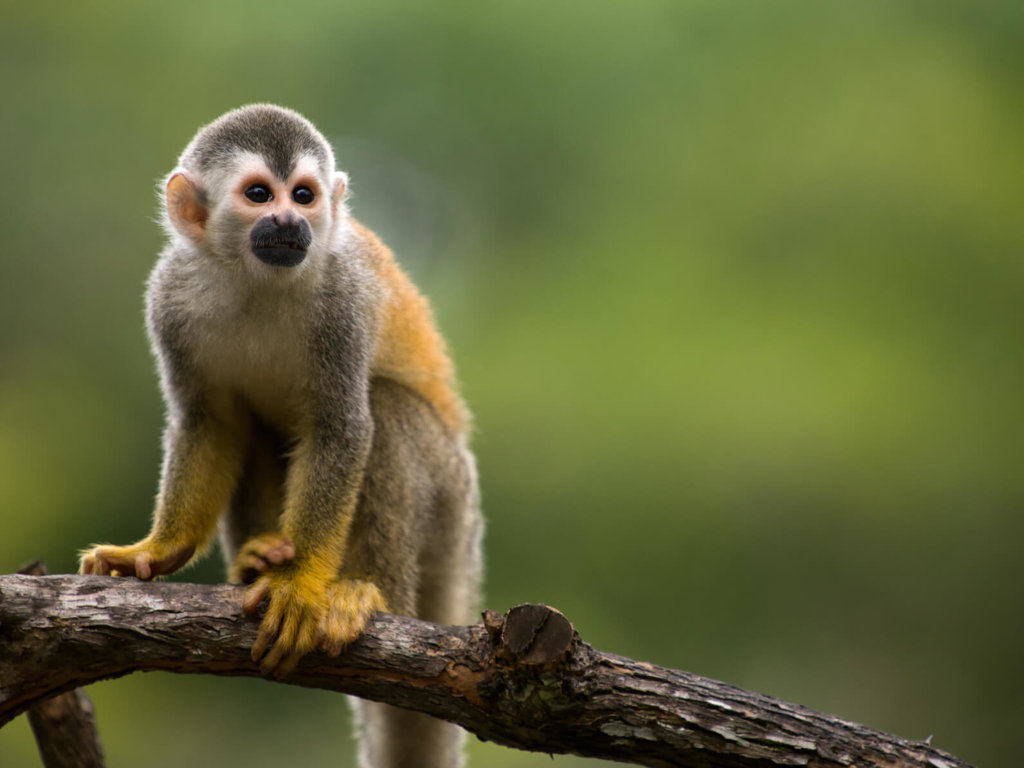Companion Animals
In a perfect world, animals would be free to live their lives to the fullest: raising their young, enjoying their native environments, and following their natural instincts. However, domesticated animals cannot survive "free" in our concrete jungles, so we must take as good care of them as possible.People with the time, money, love and patience to make a lifetime commitment to an animal can make an enormous difference by adopting from shelters or rescuing animals from a perilous life on the street.




